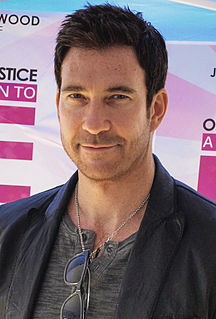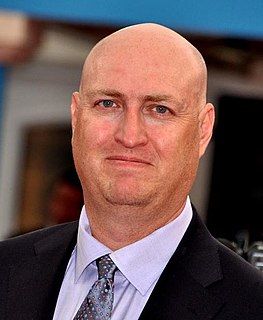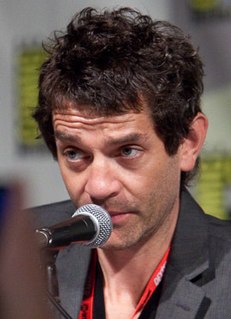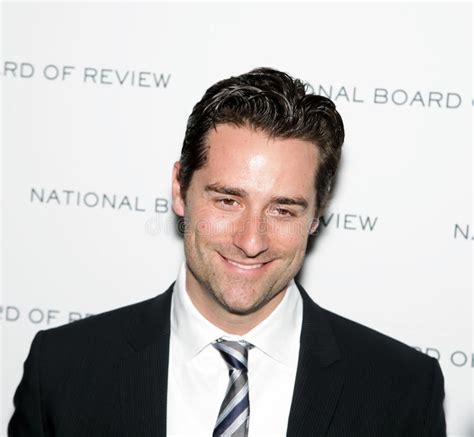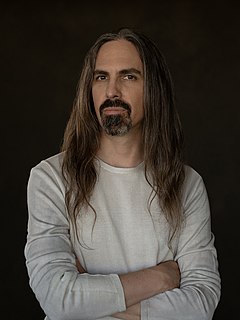A Quote by Dylan McDermott
With the rise of cable, network is clearly floundering because the characters on cable are far more fascinating than they are on network. Network television is trying to figure it out. Network television really relies on story rather than character, and cable relies on character.
Quote Topics
Related Quotes
The territory has changed, and a lot of really good actors want to do cable series, but they don't necessarily want to do network TV and make the commitment of 22 episodes or whatever. They find that the liberties and the creative freedoms that you get in cable is more interesting to them than the censorship of a network show.
I'm really trying to just keep this internal, and be faithful to the story and the characters, and keep 99.9% of my brain there, serving the story. It's a great network. It's the golden network of cable, so it's totally an honor to be there and tell this story, but I try not to think about anything beyond that.
